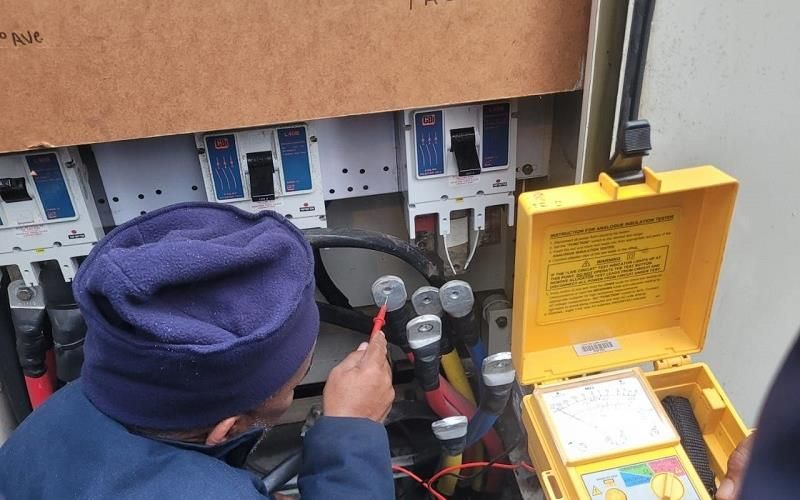As Eskom prepares to hike tariffs in July, the City of Cape Town has taken unprecedented measures to provide social relief to households in the 2023/24 financial year. These measures aim to protect residents from the burdensome 18.5% tariff increase while ensuring a reliable electricity service and the cessation of load-shedding.
Reducing the Per-Unit Rate for Lifeline Tariff Customers
The City has significantly reduced the per-unit rate for Lifeline Tariff customers in the 350-600 usage band this winter. They now pay only R1.84 per unit, down from R3.15 per unit in 2022/23. This provides much-needed relief to households using more electricity during the colder months. To qualify for this tariff category, an average usage of 450 units over a 12-month period is still required.
Increasing the Property Value Criteria for Lifeline Tariff
The City has increased the property value criteria to qualify for the Lifeline tariff from R400,000 to R500,000. This means that residents with a property value higher than R500,000 can still qualify for the Lifeline tariff as long as their household monthly income does not exceed R7,500. Pensioners and social grant recipients are now eligible for the Lifeline tariff and rates rebates with a new qualifying limit of R22,000 in monthly income, up from R17,500.
Cape Town’s Plan to End Load-Shedding
Cape Town aims to access more affordable power sources and put an end to load-shedding over time. The City’s 2023/24 budget includes a R2.3 billion end load-shedding plan, which will allow the city to protect against the first four stages of Eskom load-shedding by 2026. This will be achieved through a combination of buying power on the open market and utilizing demand management strategies.
Increasing Social Support Package
Cape Town’s total social support package has increased by over half a billion rand for 2023/24, amounting to R4.3 billion allocated for rates and services relief. The metro continues to provide the highest allocation of free water at 15kl, free sanitation at 10.5kl, and up to 60 free electricity units among all metros linking social relief to property value.
Property Valuation Reduction for Rates Calculation Purposes
The City is granting a R450,000 reduction in property valuation for rates calculation purposes to all residential properties valued at R5 million and under. This move is expected to benefit over 700,000 properties, which means that R450,000 of a residential property’s valuation will not be rated, representing 80% of all properties in the city.
Additional Relief Measures
Households with a monthly income under R7,500 will receive 100% rebates for property rates and refuse removal, benefiting approximately 192,500 households across the city. Residential living units with a property value of R450,000 will also benefit from this rebate.
The City also provides tips to help residents manage their household bills, such as reducing the geyser’s temperature to 60 degrees Celsius and purchasing electricity in smaller amounts to stay within the cheaper tariff band. Households that meet certain criteria may also qualify for indigent support.
Cape Town’s measures to protect its residents from Eskom’s tariff hikes and load-shedding reflect a city that strives to create a better and more equitable future for its people. The City is stepping up to provide much-needed relief and support to its citizens, ensuring that the fundamentals of daily living remain accessible to all.








